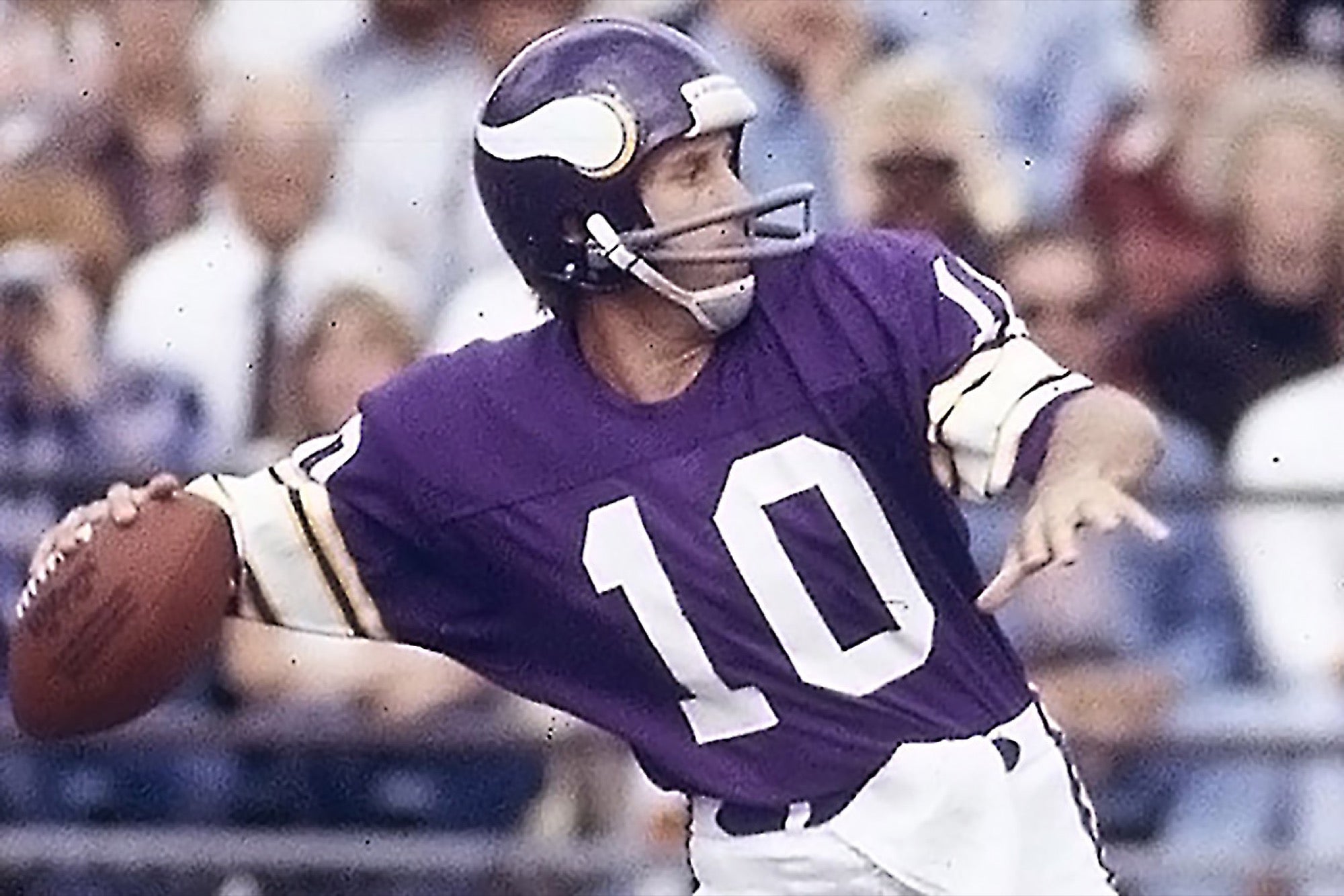I Screwed Up: How 3 Famed Entrepreneurs Learned From Failure Barbara Corcoran, David Mintz and Fran Tarkenton reveal their biggest business mistakes and the lessons they learned.
Opinions expressed by Entrepreneur contributors are their own.

Fran Tarkenton, the football-pro-turned-businessman, tasted failure straight out of the entrepreneurship gate. "When I was 27, a lawyer friend told me he could help me start a business, and he could run it, and I should use my money," Tarkenton says. So Tarkenton says he invested $200,000 of his own money, plus a $50,000 bank loan, in a collection of businesses that included a fast-food startup called Scrambler's Village in Atlanta. The restaurant sold a variety of items typical of fast-food joints -- tacos, fried chicken, hamburgers and the like.
The concept never caught on -- a problem Tarkenton attributes to his own lack of research on the front end. "You can't rely on others to make you successful," he says. "You have to be the one to figure out if there are customers that you can solve problems for, and if you can charge a rate that's both a great value to them and a way for you to make money. You need a good marketing platform. And you need to figure all that out before you go out and spend a lot of money."
Tarkenton went on to build 20 companies and recently launched a website with Office Depot, SmallBizClub, where entrepreneurs can get tips and tools for starting companies.
The best entrepreneurs know that one of the keys to success is taking responsibility for bad business ideas, learning from failure and applying those lessons to your next venture. As Tarkenton puts it, "The only way you learn, in football or in business, is by losing."
In addition to Tarkenton, we asked two other famous serial entrepreneurs -- Tofutti Brands founder David Mintz and real estate mogul Barbara Corcoran -- to fess up to their errors and discuss how other startups can learn from their missteps.
Related: Shark Tank's Daymond John on Lessons From His Worst Mistakes
Often entrepreneurs get caught up in early success and introduce product extensions or new business lines that fail. Tofutti's Mintz says one of his biggest mistakes was adding a line of ice cream called Krazy Garlic. The product -- which like all of Tofutti's ice creams is non-dairy -- was made with garlic but didn't taste garlicky, Mintz says. Still, the name was enough to turn off customers.
"All the [retailers] sent it back. No one wanted to even taste it," recalls Mintz, who has also opened several restaurants during his career. A garlic lover himself, Mintz says he didn't consider that other people wouldn't be so enamored with the idea of mixing garlic with ice cream.
The other lesson from Krazy Garlic: "The naming of a product is so key. It has to make the consumer want to try it," Mintz says. He kept that in mind when Tofutti introduced a chocolate ice cream bar, which the company called Black Gold. (That one is still on the market.)
Venture capitalist Jay Levy, a partner at New York's Zelkova Ventures and himself a serial entrepreneur, says the failure to test ideas is a common mistake. "Entrepreneurs are afraid people will steal their ideas," he says. "But if you don't tell people [about your plans], you can't get advice or connections. It makes it a very lonely place, and much riskier."
Related: How to Test Your Business Ideas
Barbara Corcoran, one of the regularly featured investors on the ABC reality show Shark Tank, has made millions in real estate, but it was her first venture that taught her some of her most important lessons about succeeding in business. When Corcoran was in college, she started a "flower of the week club," designing and delivering fresh bouquets to customers' homes in New Jersey. Each customer paid her $3.95 a week. But Corcoran's largest client -- a real estate broker who ordered weekly flower deliveries for both himself and his mother -- still hadn't paid his bill after nine months.
"I went out of business because of that one customer. I only had 32 customers, so he represented a big share of my business," Corcoran says. Every time she showed up at his door to deliver his flowers, Corcoran recalls, she searched for the right words to use to cajole him into paying his bill. "I didn't know how to ask for money," she says.
The lessons from Corcoran's failure: Don't start any business that hinges on one or two large customers, and learn how to ask for money. Corcoran dabbled in several other ventures before she founded the New York real estate broker Corcoran Group, which she sold for $66 million in 2001.
Related: 10 Questions to Ask Before Determining Your Target Market











